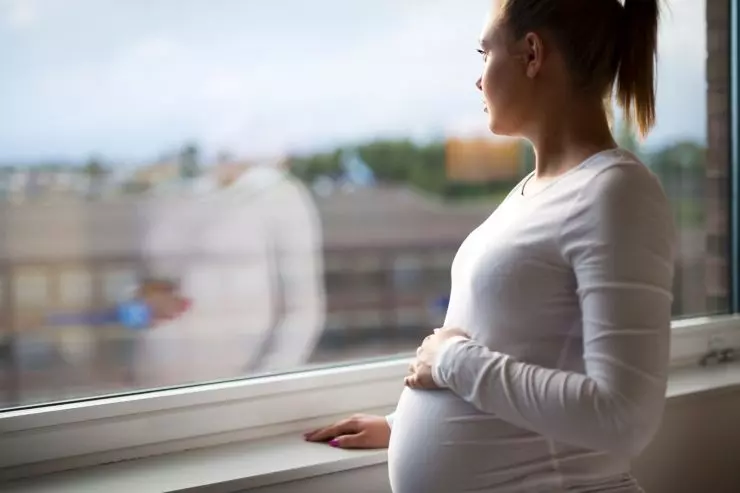
Congratulations on embarking on this exciting journey of possibility and parenthood! Whether you're actively trying to conceive or simply curious about the possibility of pregnancy, understanding the signs and symptoms can provide valuable insight into your body's changes. Let's dive deeper into this topic, explaining further the signs that may indicate pregnancy, testing for pregnancy, and more.
Am I Pregnant?
Knowing if you're pregnant can vary depending on several factors, including the regularity of your menstrual cycle, when you ovulate, and the sensitivity of the pregnancy test you use. Generally, the earliest you can reliably detect pregnancy is around 7-10 days after conception, which typically corresponds to about one week before your expected period.
Most women typically find out they are pregnant around the time of their missed period, which is usually around four weeks after their last period. This is when they may begin experiencing early pregnancy symptoms such as fatigue, breast tenderness, nausea, or a heightened sense of smell. At this point, a home pregnancy test can usually detect the presence of the pregnancy hormone human chorionic gonadotropin (hCG) in the urine with a high level of accuracy. However, you should always confirm the findings of an at-home test by scheduling an appointment with your doctor.
Understanding the Signs and Symptoms
Missed Period
One of the most common indicators of pregnancy is a missed period. However, it's important to note that other factors, such as stress, illness, or weight changes, can also cause irregular menstrual cycles and missed periods. If you've missed a period and suspect you might be pregnant, it's a good idea to take a pregnancy test for confirmation. But if you are not pregnant after taking a test but still missing periods, consider talking to your doctor.
Morning Sickness
Nausea and vomiting, often referred to as morning sickness, can occur as early as a few weeks into pregnancy. While it's commonly associated with mornings, it can happen anytime. Not all pregnant women experience morning sickness, but if you find yourself feeling queasy or experiencing frequent bouts of vomiting, it could be a sign of pregnancy.
Breast Changes
Hormonal changes during pregnancy can lead to noticeable changes in the breasts. You may experience tenderness, swelling, or sensitivity in the breasts as early as one to two weeks after conception. Your nipples may also darken in color and become more prominent.
Fatigue
Feeling more tired than usual is a common early sign of pregnancy. The body is working hard to support the growth and development of the baby, which can leave you feeling exhausted, especially during the first trimester. It could signify pregnancy if you need more rest or experience increased fatigue despite getting enough sleep.

Frequent Urination
Increased urination is another early pregnancy symptom, often attributed to hormonal changes and increased blood flow to the pelvic area. You may make more trips to the bathroom than usual, even at night.
Cravings and Food Aversions
Changes in appetite, cravings for specific foods, or aversions to certain smells or tastes can also signal pregnancy. These cravings and aversions are thought to be influenced by hormonal fluctuations and changes in taste perception.
Mood Swings
Hormonal changes during pregnancy can also affect your mood and emotions. As your body adjusts to the changes of pregnancy, you may experience mood swings, irritability, or heightened emotions.
Not all Women Will Experience the Same Symptoms
While these signs and symptoms can indicate pregnancy, it's important to remember that they can vary from woman to woman, and not everyone will experience all of them. Additionally, some symptoms may be attributed to other factors or conditions unrelated to pregnancy.
If you suspect you may be pregnant, the most accurate way to confirm pregnancy is by taking a home pregnancy test or visiting your healthcare provider for a blood test. These tests detect the presence of human chorionic gonadotropin (hCG), a hormone produced by the placenta during pregnancy.
Helping you Through Your Pregnancy Journey
Remember, every pregnancy is unique. If you have any questions or concerns about your symptoms or the possibility of pregnancy, don't hesitate to reach out to your healthcare provider for guidance and support. We are here to help, and many of our doctors specialize in obstetrics, ready to be your trusted resource throughout your pregnancy and delivery.